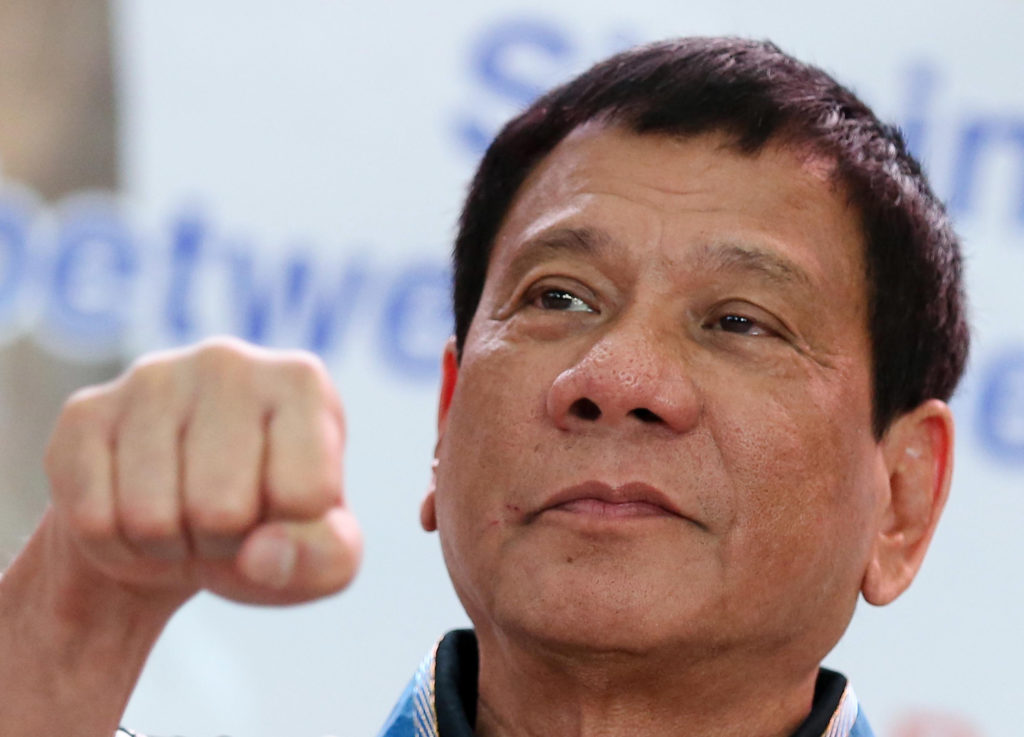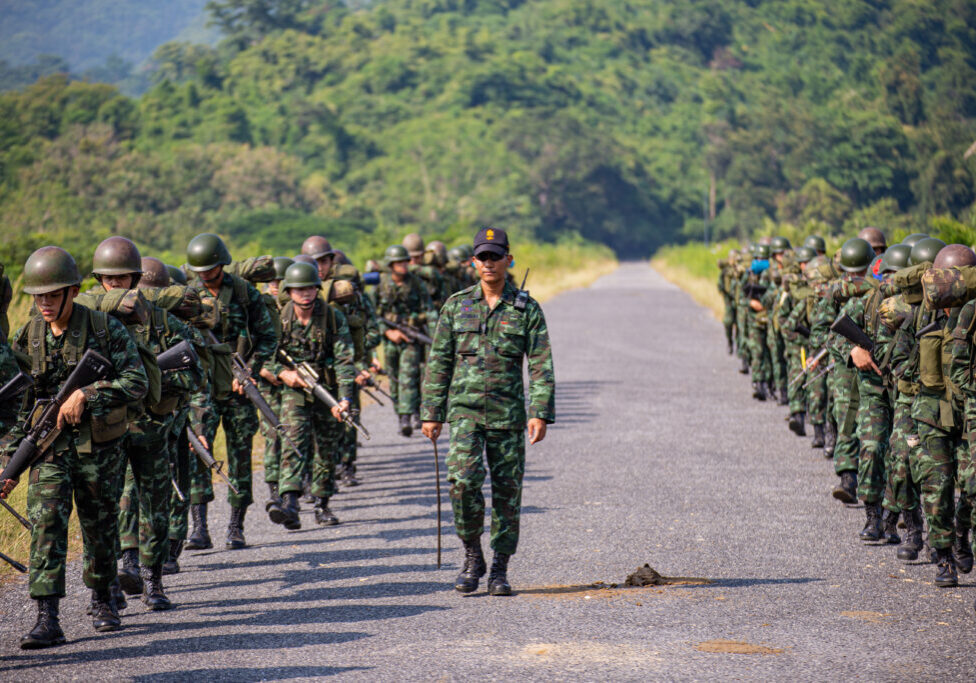Australia/Israel Review
Asia Watch: Enter the “Strongman”
Jun 3, 2016 | Michael Shannon

There is no shortage of opinions about the Philippines’ President-elect, 71-year-old Rodrigo Duterte. A brash, foul-mouthed, misogynistic, fascistic strongman; a courageous, uncompromising, vengeful practitioner of rough “justice” that brought law and order to a city beset by criminal and political violence.
Some argue that the populist former mayor of Davao City in downtrodden Mindanao succeeded by reawakening the nation’s subliminal quest for a strongman, last filled by Ferdinand Marcos, who nearly ruined the country.
But Duterte’s rise can be credibly explained by him presenting as a clear contrast to the country’s traditional political establishment, for whom business as usual entails the election to office of family dynasties who, despite declarations to the contrary, show little appetite for the task of providing basic services and reforms to address gross inequalities. Although vulgar and aggressive, Duterte is a personality undeniably suitable for the culture of the streets where most Filipinos live.
In the period before he assumes office, as the vote tallies are finalised, discussion abounds as to the direction of a Duterte Administration, given he has no track record of national-level experience.
As Mayor of Davao City for two decades, Duterte transformed the city from a violent battleground of (largely communist) insurgents and criminality into a picture of success that resonated across economic classes. His tough words were order and discipline at all costs.
“I really am a dictator when it comes to crime, you can bet your life on that,” he said shortly after the results showed him far ahead of the other candidates in the May 9 elections. “But for the other things, you can relax,” he said, seeking to quell fears that he would take extrajudicial measures, shut down Congress and set up a revolutionary government – all steps he has said he could take once in power.
Indeed, Duterte has said many things, making it hard to detect what might pass for official statements. His platform calls for federalism, although it is not clear how this would be implemented or if the constitution needs to be revamped. A step in that direction would certainly give the regions more of the power that Manila has held since independence from the US in 1946. Federalism may be what the fringes have been waiting for.
This, of course, has implications for the proposed Bangsamoro Basic Law (BBL), which would create a new Bangsamoro autonomous region in Muslim regions of Mindanao as a compromise to the full independence for which the Moro Islamic Liberation Front (MILF) and other groups have fought for decades.
The MILF and the Aquino Administration signed a peace deal in 2012 aimed at creating a new autonomous political entity in Mindanao. However, the passage of the BBL, a key component of the peace talks, was derailed after 44 police commandos were killed in a clash with the MILF and other groups in Mamasapano, Maguindanao province on January 25, 2015.
The ensuing public backlash against the deal meant that the Aquino Administration ran out of time to convince Congress to pass the BBL as opponents also raised questions of constitutional violations in the draft agreement.
There have, however, been indications that Duterte has sympathy with the Muslim Mindanaoan cause. In his campaign sorties, the lone Mindanaoan Presidential candidate would tell the crowd how the Moro people have been marginalised and how important it is to “correct the historical injustice.”
MILF chair Al Haj Murad Ebrahim has hailed Duterte’s “historic victory… [as] a true son of Mindanao in whose veins Moro blood runs,” noting his stance on the Bangsamoro Basic Law during the election campaign has “infused optimism and confidence among our people, which should explain why they overwhelmingly supported [his] candidacy.”
While visiting an MILF camp in February, Duterte said he would convene a Constitutional Commission to amend the 1987 Constitution into a federal system but “if it takes time, and if only to defuse tension, in my government I will convince Congress to pass the BBL then make it as a template for federal states.”
While Duterte is inclined to express bullish confidence on all matters, convincing the Congress will require supreme political skills. A large portion of Congress remains sceptical of the bona fides of the MILF, given the volatile history of Muslim separatist groups in Mindanao. Even Duterte’s vice presidential running mate, Senator Alan Cayetano, who was third in the VP race, is one of the leading dissenting voices to the proposed BBL. Cayetano has been promised a Cabinet position in the Duterte Administration after the 12-month waiting period for losing candidates to take up government posts.
More than anything, the proposed BBL will require relative calm in Mindanao. The continuing hostage for ransom activity of the ISIS-affiliated Abu Sayyaf and the disaffection of the hardline MILF-offshoot Bangsamoro Islamic Freedom Fighters make it a doubtful prospect.
Tags: Asia, Philippines






